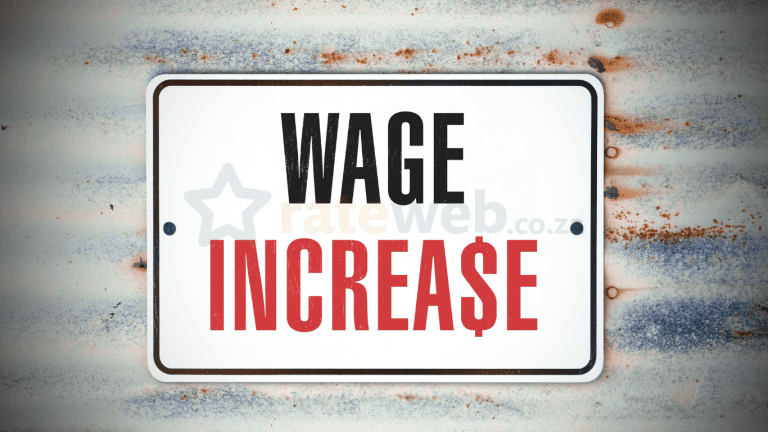Banks across South Africa are preparing for significant changes in the coming years, with a strong focus on digital modernization and the adoption of innovative payment methods. These changes are expected to streamline operations, enhance customer experiences, and promote a more inclusive financial landscape.
- South African banks are embracing digital modernization and innovative payment methods, with BankservAfrica and the South African Reserve Bank launching PayShap, a rapid low-fee payment system designed to revolutionize small-sum transactions.
- PayShap aims to provide safe, swift transactions and facilitate payments for various services, steering South Africa towards a cashless society. The system is currently available at major commercial banks, with more expected to adopt it in the future.
- The ‘digital first’ approach is gaining traction among South African banks, prioritizing digital channels and technology in operations, services, and customer experiences. This trend is expected to continue as demand for digital banking experiences grows in the post-COVID era.
BankservAfrica and SARB Launch
PayShap BankservAfrica, in collaboration with the South African Reserve Bank (SARB), recently unveiled PayShap, a groundbreaking low-fee, rapid payment system that aims to revolutionize small-sum transactions in the country. CEO of BankservAfrica, Jan Pilbauer, emphasized the shift towards modern, flexible payment systems designed to benefit the economy.
PayShap, launched on 13 March, allows customers of major commercial banks to send up to R3,000 using just a phone number, eliminating the need for a bank account number. The system is currently available at Standard Bank, Absa, Nedbank, and FNB, with more banks, including Capitec, Investec, Discovery, TymeBank, and Standard Chartered, expected to adopt it soon.
A Step Towards a Cashless Society
PayShap aims to provide safe, swift transactions that are not constrained by time periods or bank days. The system is designed to facilitate payments for services such as garden services, domestic work, taxis, and car guards, ultimately steering South Africa towards a cashless society.
Commercial banks have responded positively to PayShap, viewing it as a complement to their existing immediate payment frameworks. Mpho Sadiki, Head of Real-Time Payments at BankservAfrica, anticipates that banks will continue to innovate and adopt additional digital access channels.
‘Digital First’ Approach Gains Traction
Major banks in South Africa are adopting a ‘digital first’ approach, prioritizing digital channels and technology in their operations, services, and customer experiences. Financial service group Old Mutual also plans to establish a new ‘digital-first’ bank, partnering with leading global technology providers.
TymeBank, a fully digital bank, has observed significant digital growth, with CEO and Co-founder Coenraad Jonker noting that the demand for digital experiences will persist in the post-COVID era. PwC reported that South African banks prioritized digitization in 2022, leading to a substantial increase in combined headline earnings, surpassing pre-pandemic levels.
As the digital transformation accelerates, banks and companies must enhance their data literacy to keep up with the rapid pace of change. Capitec, for example, is actively seeking employees with strong technology skills to support its ongoing digital initiatives.










































